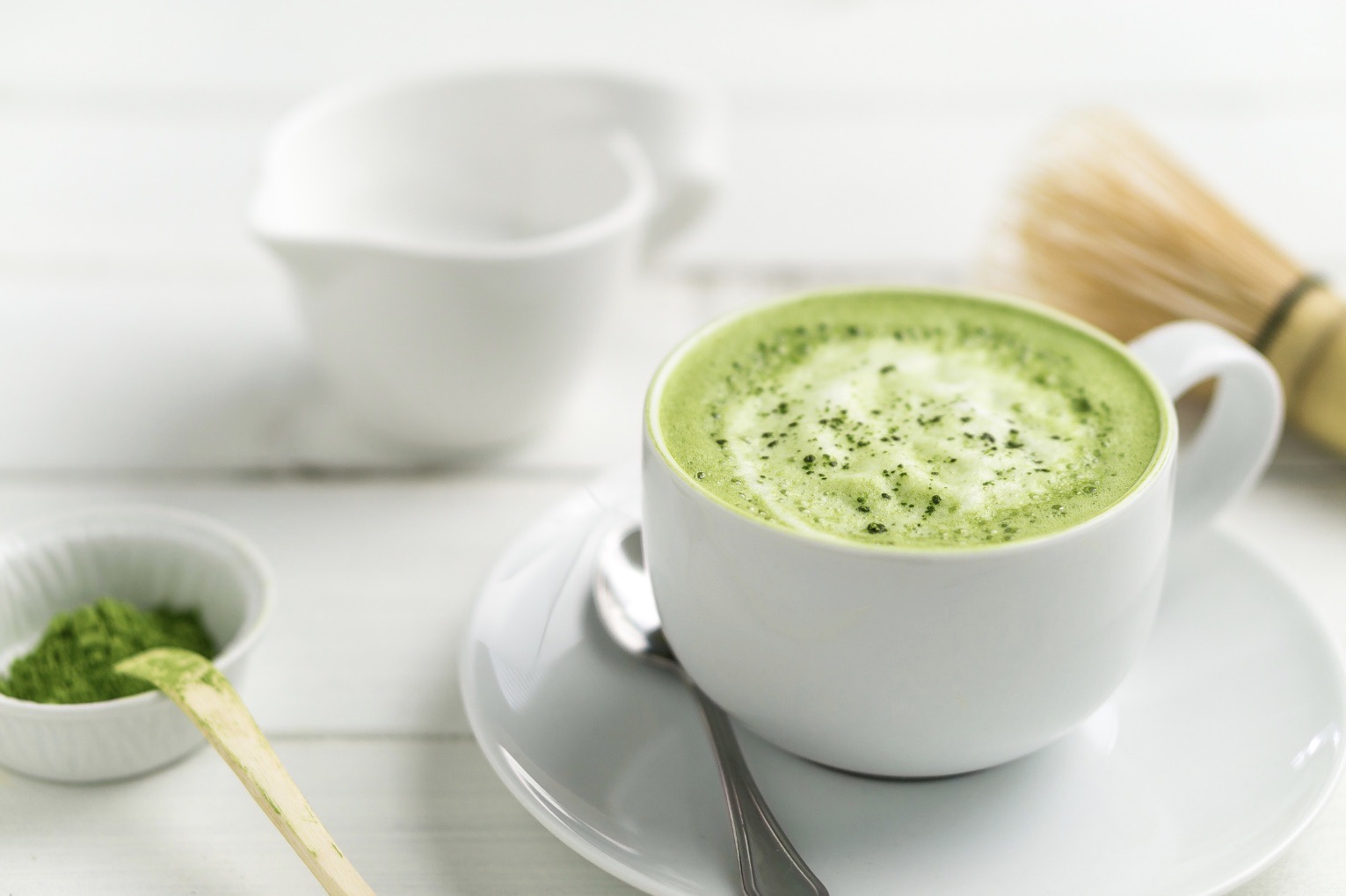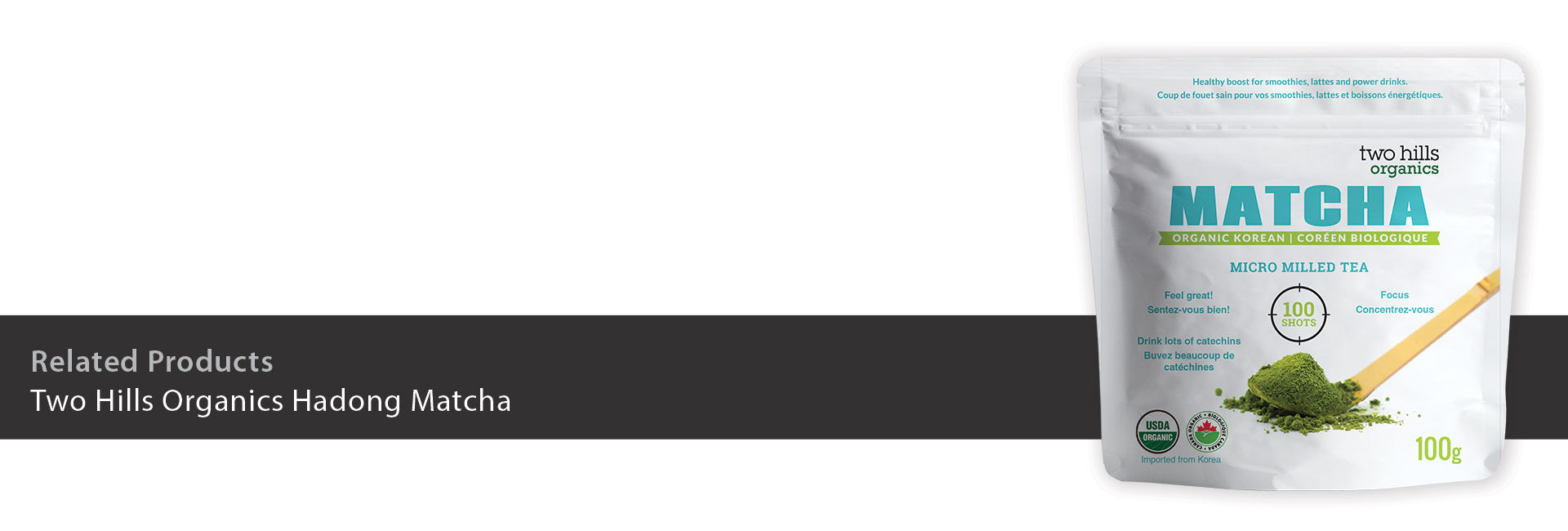Matcha 101
Why Matcha?
For ages, the tea plant has been considered a source of well-being and focus. By choosing matcha, you consume the whole tea leaf, which is loaded with catechins.
A Mindful Practice
Tea and meditation have long gone hand in hand. By practicing tea meditation, or by mindfully preparing and sipping tea, you can invite a moment of stillness and ease into each day.
In our experience, the practice of preparing tea helps calm and center the mind, while the practice of drinking tea can help to foster a sense of gratitude and respect for nature and life while simultaneously improving clarity of mind, alertness, and attention span.
How To Use Matcha
Matcha is a great option for smoothies, lattes, energy elixirs or your favourite baked goods.
As a general rule of thumb, we recommend using 1g per cup (i.e., a single shot) for a smooth and gentle boost of energy, and up to 3g per cup if you’re looking for a more intense energy boost and bolder flavour.

A Nourishing & Detoxifying Matcha Latte
You will need:
3 g Two Hills Hadong Matcha
240 ml milk or plant-based milk
Fine-mesh sieve
Thermos bottle (a mason jar or any other heatproof, sealable container will work)
Directions:
- In a saucepan or a microwave, heat your milk or plant-based milk to approximately 70°C.
(Did you know? When preparing matcha, heating your water or milk to higher temperatures can actually burn your tea, resulting in an unpleasant astringent taste!) - Transfer your warm milk into a thermos.
- Add your matcha powder to the thermos with the warm milk, passing it through your sieve as you do so.
- Close the lid and shake vigorously for 30 seconds.
- Serve in your favourite mug & enjoy!
Proud Korean Origin
Two Hills Organic Matcha is meticulously crafted in Hadong, South Korea. Located on the southernmost tip of the Korean peninsula, the area has a history of growing tea since the 9th century and is considered the cradle of Korean tea culture.
This matcha is made using leaves from single cultivar, Hadong-native tea trees, which are shaded using the ‘kabuse’ method (the trees are directly covered with canvas to shade the plant, which encourages more chlorophyll in the plants) and harvested in late May to early June.
These days, our growers have top-grade tea plants and state-of-the-art facilities that frequently test this matcha for quality and food safety.
